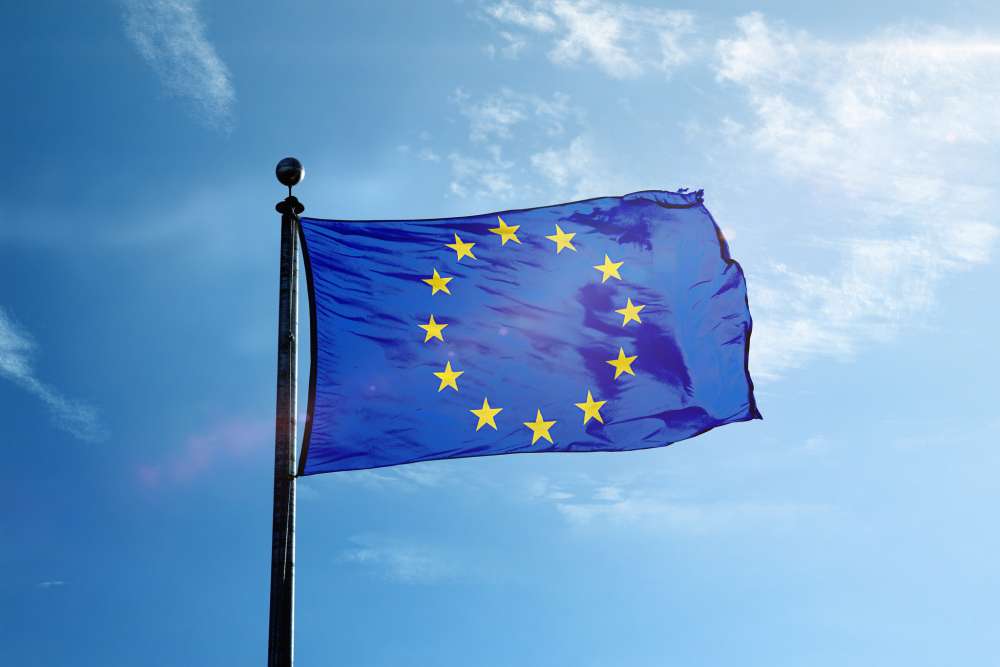From Conflict Early Warning to Fostering Resilience? Chasing Convergence in EU Foreign Policy

To better assess the risk of violent crises and act before conflicts escalate, European diplomatic services have invested in the development of early warning systems for the past few years. How can European actors make sure that these capacities contribute to more effective conflict prevention abroad? And how can the EU best encourage member states to adapt its foreign policy principles to promote coherent action?
The EU’s resilience approach can complement existing risk analyses to foster a better understanding of potential conflicts and ways to prevent them. This article compares to what extent resilience plays a role in crisis early warning in diplomatic services at the EU and member state level in France and Germany. This includes strategic policy documents, analytical early warning capacities and operational approaches to act upon warning signs. In doing so, the article also explores member states’ motivations for integrating the EU’s resilience approach into their foreign policy, as they are not bound to follow EU guidance in this policy domain.
The results show that member states are willing to adopt the resilience approach both at a strategic level to show policy coherence and at the analytical level to improve early warning methods. Integrating the resilience approach is particularly successful when the EU’s template is not just a vague guideline, but a specific and detailed model that member states can assess and adapt to their needs. Still, the EU has not exhausted its potential to promote resilience as a tool for more coherent and effective conflict prevention, as it has not provided a detailed model of how resilience can add value to early warning systems. This has implications for other areas of foreign policy where the EU hopes to inspire coherent and effective action by both member states and its own institutions.
The full open-source article was published in Volume 28, Issue 3 (2021) of Democratization and is available for download.

This policy paper is part of the EU-LISTCO project, which has received funding from the European Union’s Horizon 2020 research and innovation programme under grant agreement no. 769886.
EU-LISTCO investigates the challenges posed to European foreign policy by identifying risks connected to areas of limited statehood and contested orders. Through the analysis of the EU Global Strategy and Europe’s foreign policy instruments, the project assesses how the preparedness of the EU and its member states can be strengthened to better anticipate, prevent and respond to threats of governance breakdown and to foster resilience in Europe’s neighborhoods







